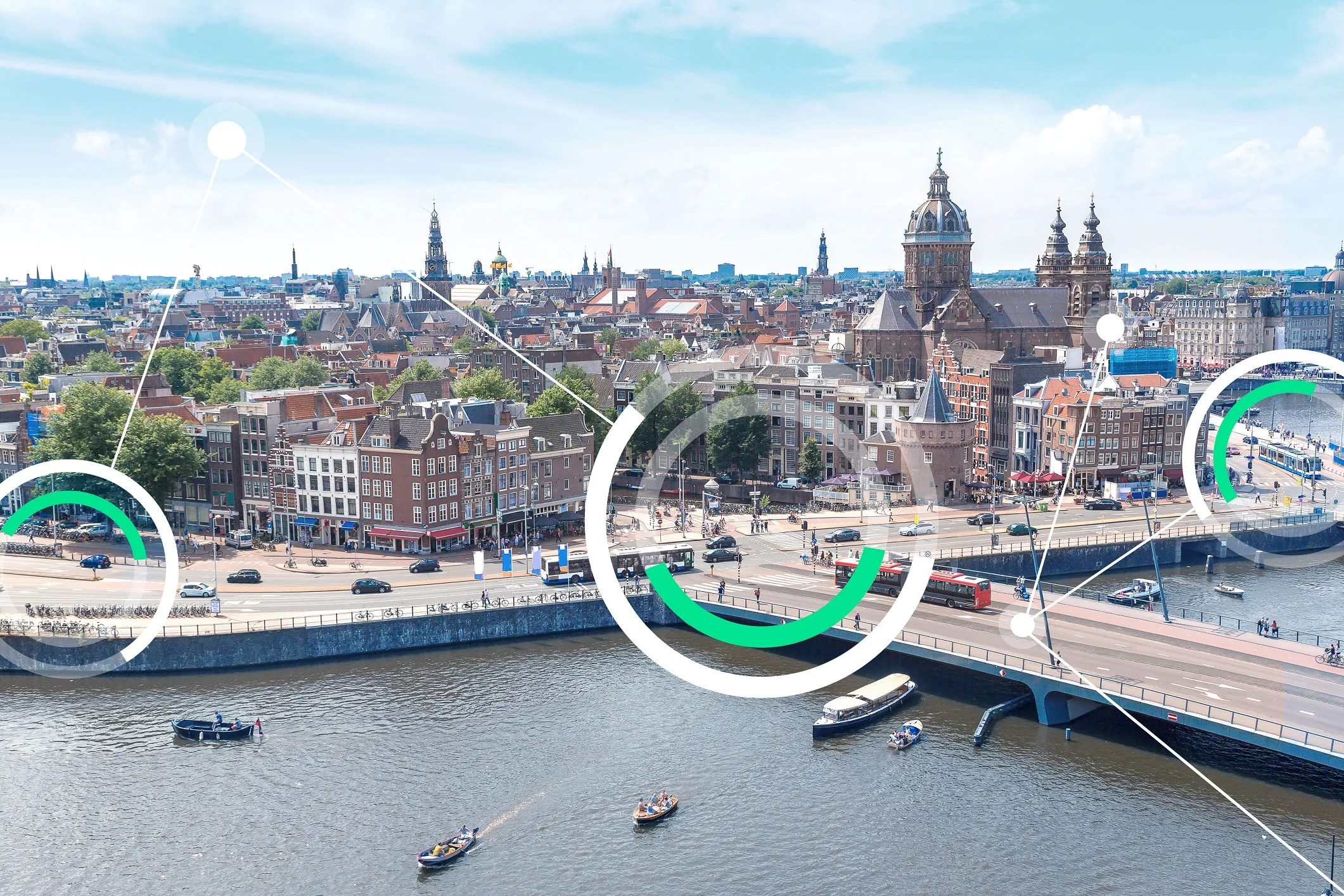Kapsch CarrierCom, supplier of GSM-R railway safety systems, is to partner with Dutch technology manufacturer Rohill Engineering to offer Terrestrial Trunked Radio (TETRA) solutions for public transport. Rohill’s TETRA infrastructure solution uses soft-switch technology and a real-time Linux operating system to provide numerous benefits including increased flexibility, speed and integration of IP. Kapsch has already equipped more than 70,000 kilometres of railway with GSM-R technology, supporting both safet
January 28, 2013
Read time: 2 mins
Rohill’s TETRA infrastructure solution uses soft-switch technology and a real-time Linux operating system to provide numerous benefits including increased flexibility, speed and integration of IP.
Kapsch has already equipped more than 70,000 kilometres of railway with GSM-R technology, supporting both safety and efficiency in international railway transportation. TETRA technology is able to do the same for urban public transport.
"We have gathered a wealth of experience in our railway projects around the world, understanding the best ways for modes of transport to interact with specific telecommunications infrastructure. We are now able to capitalise on this expertise for urban public transport too", says Dr. Kari Kapsch, CEO of Kapsch CarrierCom.
Kapsch claims the benefits for both railways and public transport are similar; a radio system contributes to reducing operating costs, it improves safety and provides the foundations for new services which benefit both transport operators and passengers. From a technical perspective, the trunked mode as used in TETRA networks is ideal for trams, underground trains and buses. It furnishes a universal, internal communications network in which both terminal equipment and radio devices and telephones can be used.










